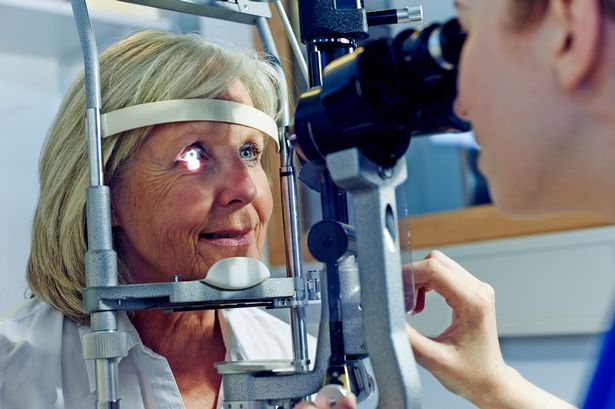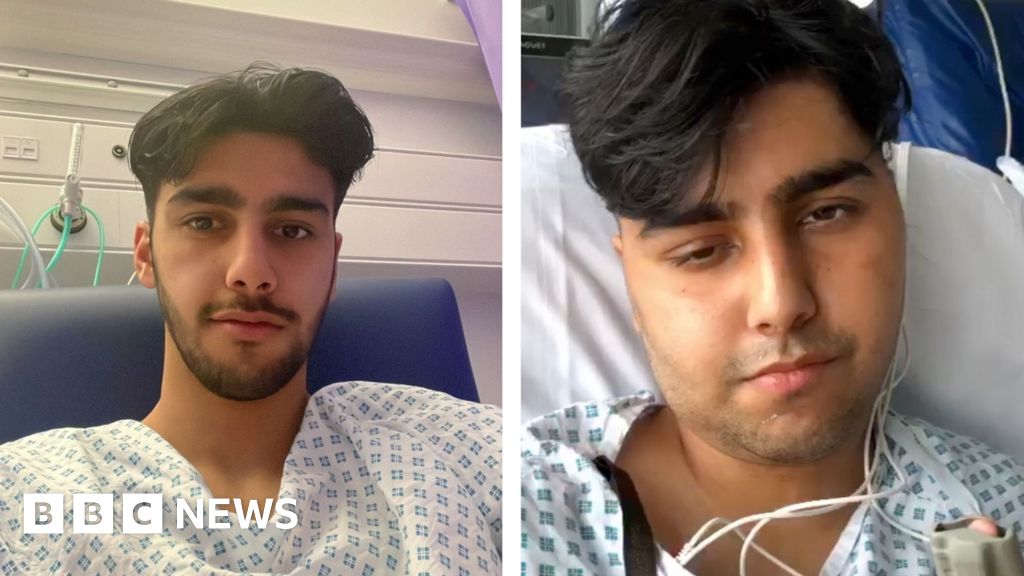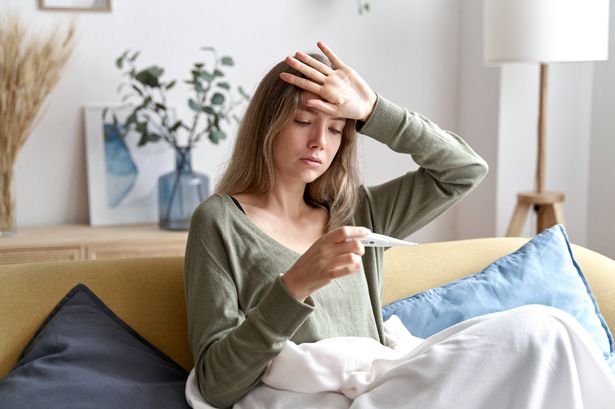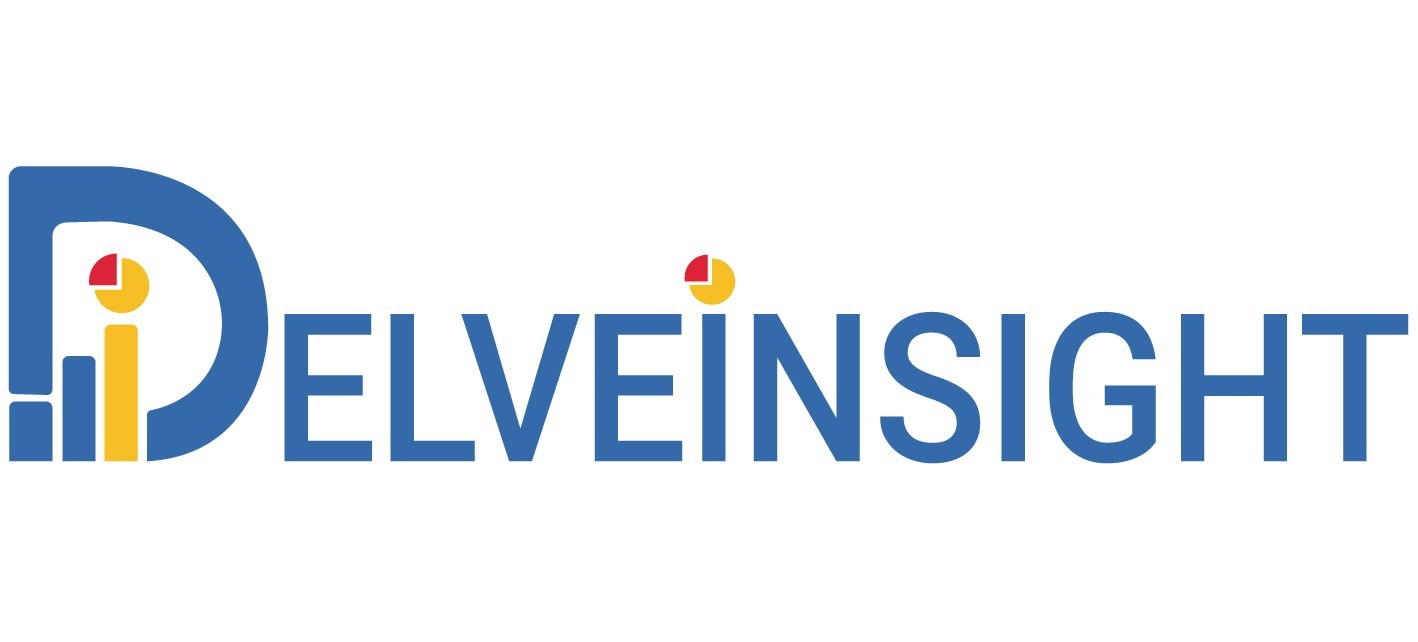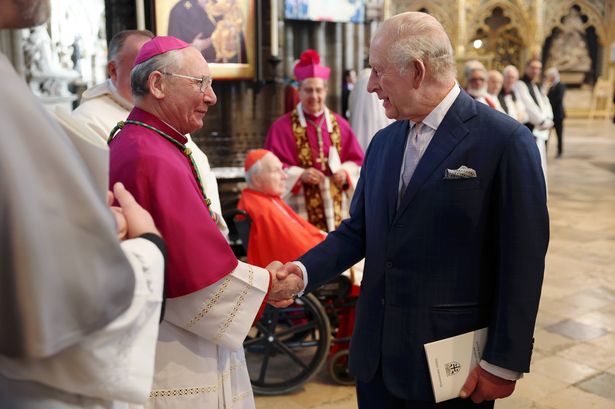Eye tests can be a significant expense, with costs ranging from £20 to £100, depending on the provider. In response to the rising cost of living, many individuals may hesitate to visit an optician. However, the National Health Service (NHS) in England offers free eye tests for specific groups, ensuring that individuals who qualify can receive essential eye care without financial strain.
Eligibility for Free NHS Eye Tests
According to the NHS, there are ten groups of people who automatically qualify for free sight tests. These groups include:
1. Individuals diagnosed with diabetes or glaucoma.
2. Those aged 40 or over who have a family history of glaucoma, specifically if a mother, father, sibling, or child has been diagnosed with the condition.
3. Individuals advised by an eye doctor (ophthalmologist) that they are at risk of glaucoma.
4. Prisoners on leave from prison.
5. People eligible for an NHS complex lens voucher, as determined by their optician.
6. Holders of a valid NHS certificate for full help with health costs (HC2).
7. Children under 16.
8. Young people aged 16, 17, or 18 who are in full-time education, which can include schooling or home education.
9. Seniors aged 60 or over.
10. Individuals registered as partially sighted or blind.
Additionally, individuals or their partners receiving specific benefits from the Department for Work and Pensions (DWP) may also qualify for free eye tests. Dependents under 20 may be eligible if the primary claimant is receiving:
– Income Support
– Income-based Employment and Support Allowance
– Income-based Jobseeker’s Allowance
– Pension Credit Guarantee Credit
– Universal Credit, provided certain criteria are met
Further guidance from the NHS indicates that people named on an NHS certificate for partial help with health costs (HC3) may receive assistance with the cost of a private sight test.
Understanding NHS Optical Vouchers
NHS optical vouchers are documents provided by an optician following an eye examination. They offer financial support for eligible individuals to cover costs associated with glasses or contact lenses. Qualification for an optical voucher typically applies under the following conditions:
– Individuals on leave from prison.
– Those eligible for an NHS complex lens voucher.
– Children under 16.
– Holders of a valid NHS certificate for full help with health costs (HC2).
– Young people aged 16, 17, or 18 in full-time education.
Moreover, if a person or their partner receives certain benefits, they may qualify for an NHS optical voucher. The relevant benefits include:
– Income Support
– Income-based Employment and Support Allowance
– Income-based Jobseeker’s Allowance
– Pension Credit Guarantee Credit
– Universal Credit, subject to meeting specific criteria
How to Check Eligibility for Free Eye Tests
To determine if you qualify for free NHS sight tests, glasses, or contact lenses, visit the NHS Business Services Authority (NHSBSA) website. The site offers a quick, free eligibility test that generally takes about three minutes. If you are eligible, the website will guide you through the necessary steps to access your assistance.
Individuals who believe they have paid incorrectly for sight tests may also be entitled to a refund. The NHS advises that anyone who paid for a sight test but thinks they qualify for an NHS-funded sight test should request a receipt from their optometrist. This receipt should clearly show the date of payment. To apply for a refund, download, print, and return an HC5(O) refund form along with the original receipt.
For more detailed information, visit the official NHS website, which provides additional resources and support for individuals seeking assistance with eye care costs.

